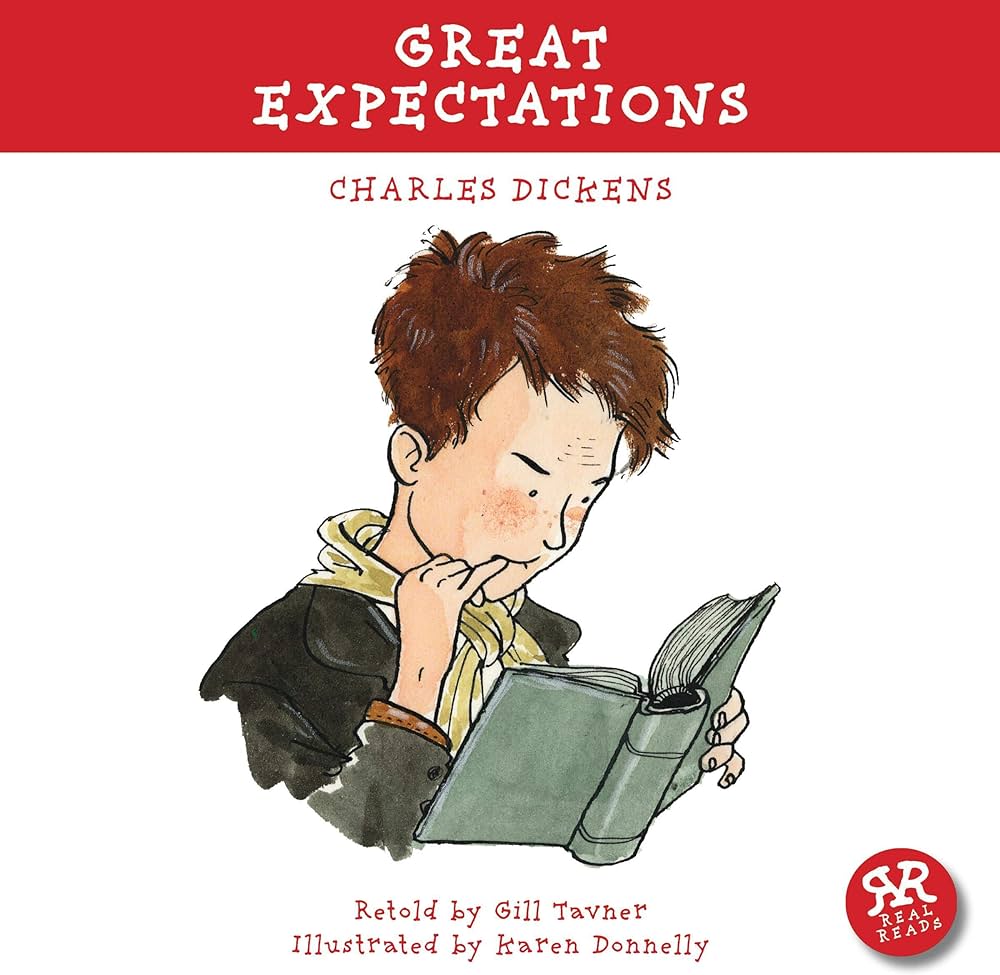The story is narrated by the protagonist, Pip, who grows up as an orphan in the marshes of Kent. Through a twist of fate, he is granted the opportunity to escape his humble upbringing and attain a "great expectations" of wealth and status. This transformation is set in motion when Pip encounters the enigmatic and reclusive Miss Havisham and her beautiful but heartbroken ward, Estella. As he navigates the labyrinth of societal expectations and personal desires, Pip undergoes a profound coming-of-age journey.
Dickens' gift for characterization shines through in "Great Expectations." His characters are vivid and memorable, from the eccentric Miss Havisham and her decaying mansion to the menacing, yet pitiable, escaped convict, Magwitch. Pip's internal struggles and moral growth are meticulously portrayed, making him a relatable and empathetic protagonist. The character development throughout the novel is masterful, and readers will find themselves emotionally invested in the fates of the characters.
One of the book's strongest aspects is its incisive social critique. Dickens exposes the stark contrasts between different classes in Victorian society, shedding light on the hypocrisy and superficiality of the upper classes, while also emphasizing the enduring humanity of the working class. The exploration of the "great expectations" theme is a potent commentary on the corrupting influence of wealth and the dangers of losing one's moral compass in pursuit of social advancement.
"Great Expectations" is not without its flaws. The plot can be meandering and convoluted at times, and the pacing may seem slow to modern readers. Additionally, some of the language and social references may be challenging for contemporary audiences. However, these minor drawbacks are easily outweighed by the novel's enduring appeal and its ability to transport readers to another time and place.
In conclusion, "Great Expectations" is a must-read classic for anyone who appreciates intricate character development and a thought-provoking exploration of societal expectations. Charles Dickens' storytelling prowess and social commentary remain as relevant today as they were in the 19th century. This novel is a testament to the enduring power of literature to inspire reflection and empathy. Dive into the world of Pip, Estella, and Miss Havisham, and you'll discover why "Great Expectations" is considered a masterpiece of English literature.




Comments (0)